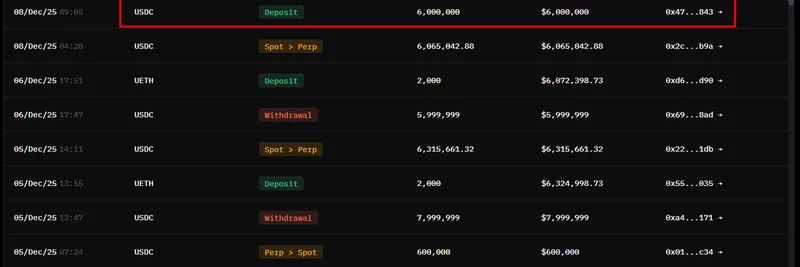If you've ever dabbled in meme token trading on Ethereum, you've probably felt the sting of unexpected fees or slippage that just doesn't add up. That's often the work of sandwich attacks—a sneaky form of Maximal Extractable Value (MEV) where bots spot your transaction in the public mempool, front-run it by buying the token first, and then sell right after your trade goes through, profiting from the price swing they created. It's like getting mugged in broad daylight, but in the blockchain world.
Enter Shutter Network, a project laser-focused on flipping the script. In a recent tweet, they shared a compelling video from Token2049, where the team asked attendees: "Do you think everyone on Ethereum should be protected against malicious MEV by default?" The answer? A resounding yes from everyone interviewed. It's a short clip packed with crypto enthusiasts, builders, and experts nodding in agreement, emphasizing how crucial this protection is for fair trading.
You can check out the full tweet and video here. The footage captures real conversations at the event, with people highlighting issues like lack of awareness among traders and the need for built-in safeguards. One interviewee notes, "It's something that more people should support if they knew about it," while another stresses that default protection would prevent common pitfalls in trading.
Shutter's solution revolves around encrypting the mempool. In simple terms, the mempool is like a public lobby where transactions wait to be picked up by miners or validators. By encrypting it using threshold encryption, Shutter ensures that transaction details stay hidden until the very moment they're included in a block. No more peeking for bots, no more front-running or sandwiching. This isn't just tech jargon—it's a game-changer for meme token enthusiasts who often trade volatile assets on decentralized exchanges like Uniswap.
Why does this matter for meme coins specifically? Meme tokens thrive on hype and rapid price movements, making them prime targets for MEV exploits. Traders jumping into the latest dog-themed coin or viral project could lose chunks of their investment to these attacks without even realizing it. With Shutter's approach, the playing field levels out, letting retail traders compete more fairly against sophisticated bots.
This push aligns with broader trends in blockchain security. Other chains like BNB Chain have faced similar issues, as Shutter pointed out in related posts, and encrypted mempools could be the key to widespread adoption. If you're building or trading in the meme space, keeping an eye on projects like Shutter could save you from future headaches.
For more on how Shutter is tackling MEV, head over to their blog. And if you're at events like Token2049, who knows—you might end up in their next video agreeing that yes, everyone deserves default protection.

